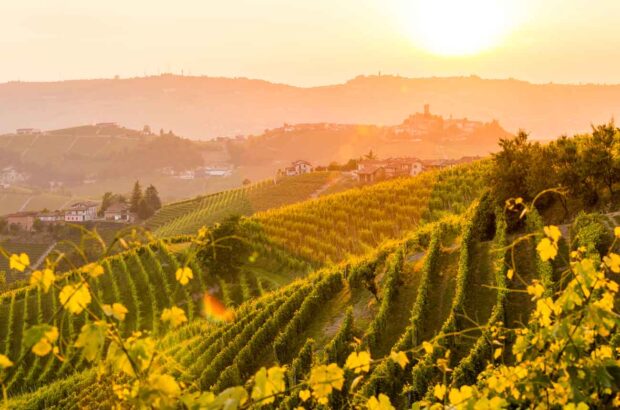Bodegas Familiares de Rioja , an association backed by 216 growers, said it would no longer participate in the decision-making process of the Consejo Regulador and its sectorial interprofessional committee, the Organización Interprofesional del Vino de Rioja (OIPVR).
Despite the decision to leave management bodies, BFR said its producers would continue to operate the Rioja DOca appellation, in terms of producing wine labeled under the Rioja Doca.
Its move highlights turbulence in one of Spain’s best-known wine regions.
In a statement sent to Decanter , Eduardo Hernáiz, chairman of Bodegas Familiares de Rioja (BFR), said the Consejo Regulador’s current strategy and decision-making ‘ goes against the business models of small and medium-sized producers’.
Over the past 20 years, since the creation of Rioja’s interprofessional committee, inflation has almost tripled in comparison to the 17% increase in the average price of a liter of Rioja wine, BFR said.
It said the system has put too much emphasis on volumes produced, over the value of wines. It said the structure of Rioja’s interprofessional committee and its voting system benefits big industrial producers, adding it is exclusively based on the volumes of wine and kilos of grapes produced, and has left BFR producers under-represented in decision making.
‘Although we’ve tried, since the 1990s, to redirect Rioja towards a model of value and quality production, we do not have the capacity to do so,’ Hernáiz said.
Fernando Ezquerro, chairman of the Consejo Regulador and the OIPVR, condemned BFR’s decision to leave its managing bodies.
He described the move as ‘incomprehensible’ considering that a process, called for by the BFR group, was now underway to reform Rioja’s governing system.
On 29 June this year, OIPVR organizations announced a unanimous commitment to work towards statutory reform ahead of the next elections of representatives scheduled for 2025. Some people believe BFR’s move may be intended to lay pressure on Rioja wine authorities to ensure reform does come to fruition .
In a separate statement, several organizations within OIPVR, including Grupo Rioja, ABC, ARAEX, unions and cooperative associations, jointly urged BFR to reconsider its decision, which it said would cause ‘irreparable damage to all of Rioja’s traders’.
The group issuing this statement didn’t include ABRA, the Association of Rioja Alavesa producers, which has sought to establish its own appellation in the Basque area of Rioja.
BFR said Rioja’s current crisis of surplus stocks could have been ‘notably different’ if the Consejo Regulador had adopted policies to protect the prices and value of grapes, wines, and the territory, which it said has grown by 28,000 hectares since 1985.
‘Although, since 2017, Rioja has been producing more wine than it can sell, big companies have until recently continued to demand new planting rights,’ Hernáiz said. BFR said it defended ‘another Rioja’ based on sustainable viticulture and the production of quality artisanal wines.







